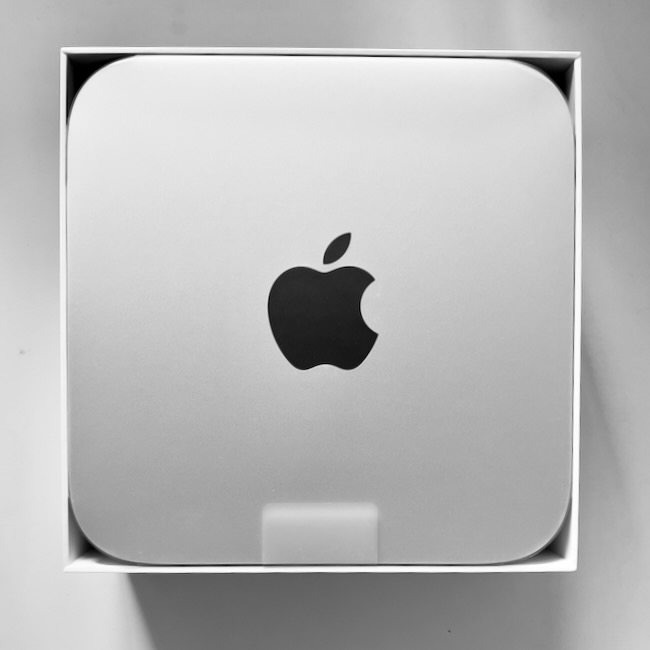
eXtensions - Monday 14 October 2024
By Graham K. Rogers

It is almost time for the Q4 2024 financial report from Apple so negative rumors are the norm. Mac sales are down (or not) but new ones are expected within days. The iPad Pro is under sustained pressure: try using one on a day-to-day basis. And the iPhone 16 falters, but just wait until the teenagers get their hands on the AI.
Just before the quarterly reports there are always negative tales floating round Apple. We have been told by Patently Apple and others that according to Canalys, sales of Macs are falling. This may be, of course due to the Osborne Effect and is hardly a surprise. The last updates were months ago and it is obvious, particularly with the M4 iPad Pro release, that there are new Macs in the pipeline. Continued rumors have not helped this as everyone (including me) is convinced we will see new Macs soon, so why buy an old one now?
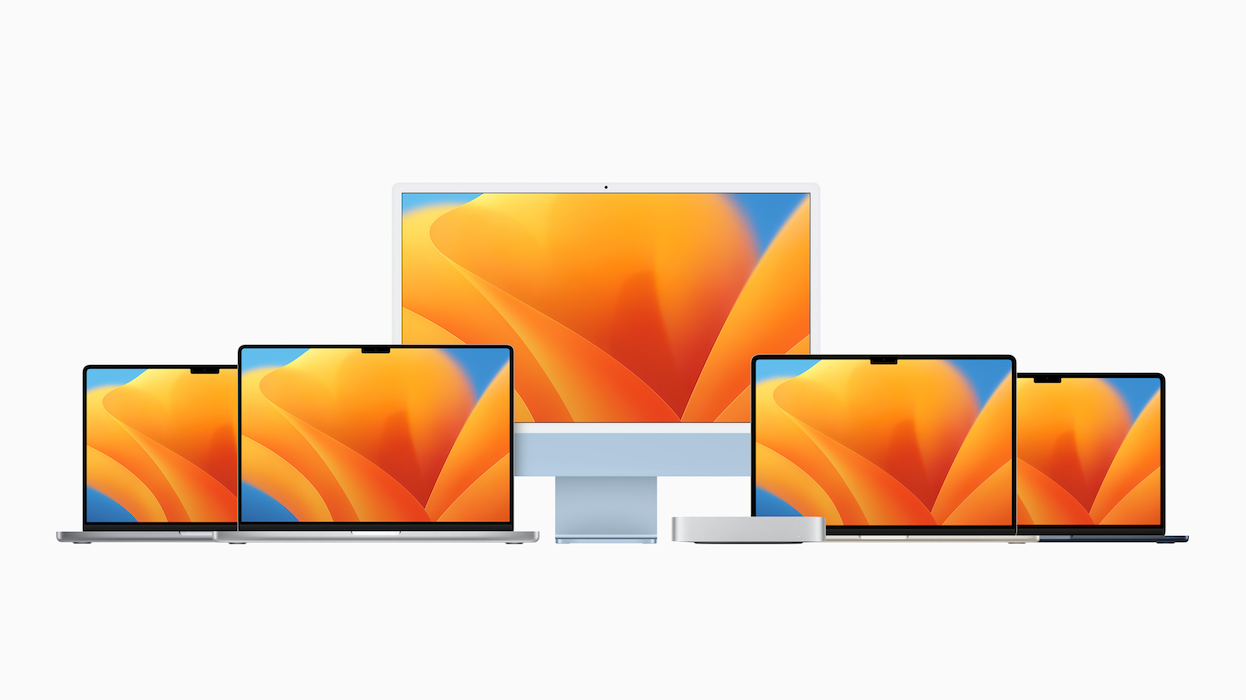
This is also clear from data points I watch: the prices and availability of current Macs. Prices are being reduced (in the USA, not here), and in some cases models are becoming harder to find, especially those with specifications changes such as additional RAM. This also applies to the iPad mini which sees both reductions in price and some difficulties in finding these devices in some markets. Like me, Michael Burkhardt (9to5Mac) thinks that we are most likely to see the M4 MacBook Pro, M4 Mac mini, M4 iMac, and the iPad mini 7 at the anticipated Apple event.
Not so fast. . . Dennis Sellers (AppleWorld Today) replies to the Canalys news with figures from Gartner. These show that instead of being down 17.5% (Canalys) they are up 3.5% year over year and Apple is number 4 after Lenovo, HP and Dell. There was no comment on the revenue that was generated (Macs are usually a bit more expensive), while Sellers notes that neither Gartner nor Canalys count the iPad in PC sales. As a note, JP Morgan expects that while PC sales are unlikely to sparkle in the final quarter, AI is expected to drive Mac sales (and others) in 2025 (Wesley Hilliard, AppleInsider). Here's another surprise: a Wall Street analyst not predicting doom for Apple. Indeed, as MacDaily News reports, Zacks Equity Research has noted that Apple usually beats predictions and we can expect the same this quarter.
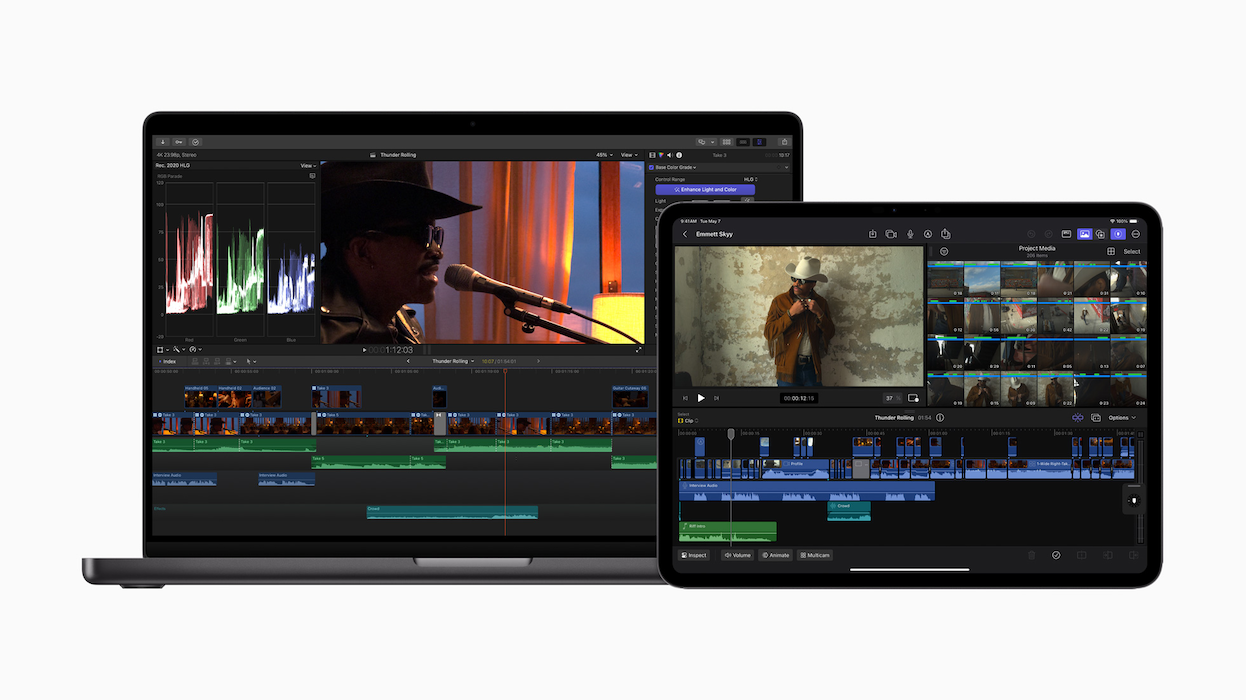
Also under media pressure is the iPad Pro. Both versions of this Cinderella device are priced higher than before and are technically advanced (chip, displays, et al). I had already saved for the M3 version of the 11" iPad Pro, so when it was announced with the M4 chip I was delighted and placed my order as soon as the (virtual) doors opened here. When they were first released - and remember the announcement included an iPad version of Final Cut Pro, which I find far easier to use than the Mac version - some of the tech press made a sustained assault on the device: despite being able to produce some real work on the iPad Pro, it was not a Mac. What they wanted (and still do) was a Mac in disguise.
This week I have seen a couple of reports, both citing an obscure supply chain organization (DSCC - Display Supply Chain Consultants) that claims sales are down (Andrew Orr, AppleInsider; David Price, MacWorld). We have seen such reports using supply chain information before from Asia and they may not always be reliable, however, this fits the narrative about the iPad that several pundits like to promote. Perhaps we will find out more at Halloween when Apple reports its latest figures. One of the analysts is bound to ask a question. Samantha Wiley (iLounge), writing a few days before the AppleInsider article, declines to follow the narrative and reports that the iPad led the tablet market in Q2. Citing data from Counterpoint, she notes that all manufacturers saw improved sales although Apple's 14% increase was not the best.
When I wrote an Apple-related freelance column for a newspaper here, I had several examples of the iPad Pro on loan. The first was the 12.9" version with WiFi.This came with a keyboard folio that I found highly useful. For the first time I was able to leave my MacBook Pro at home and still work effectively at the office as I noted in March 2016, commenting even then how this was task related. When the 9.7" was released I had one of those too, but found it slightly small for my needs. A year later the 10.5" iPad Pro was released and that was much more suitable.

I had a lot of devices on loan from Apple and used to joke that my condo was more like an Apple store. When I stopped writing freelance articles, all those items had to be returned. It took a couple of hours to inventory what I had. It also meant that I would have to replace these items on long term loan. I had already listed what I would need, starting with the Air Pods and a 13" MacBook Pro. Then the 11" iPad Pro (A12X bionic) was released. I added the Apple Pencil and folio keyboard to that, revolutionizing the way I worked.
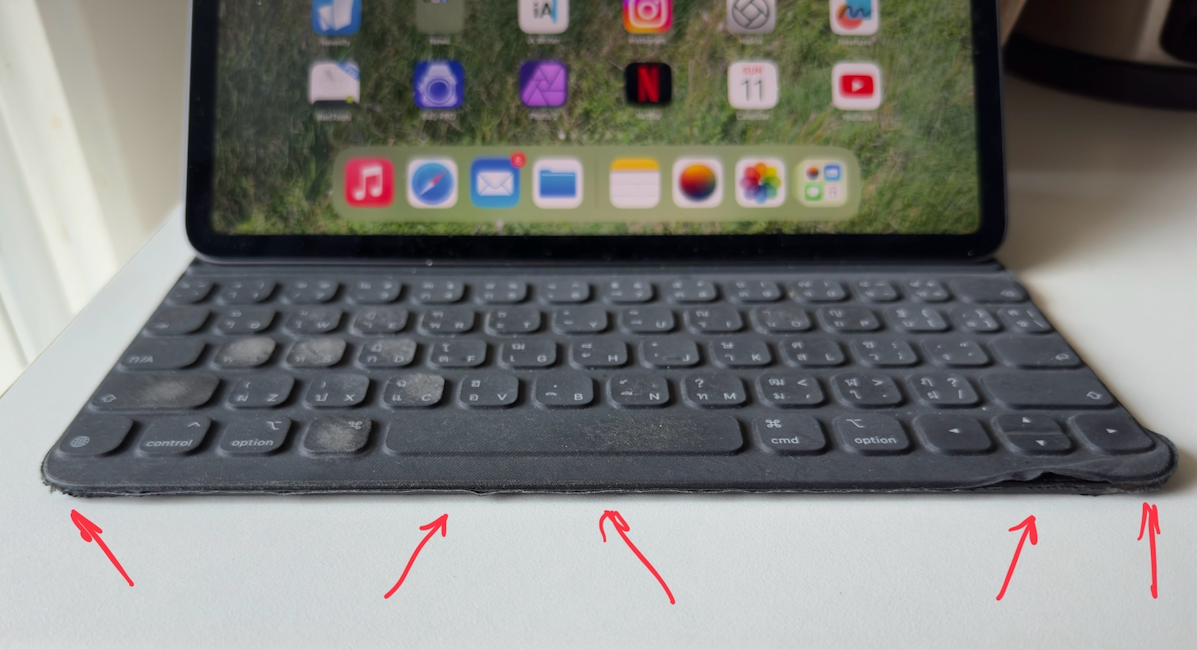
As the keyboard allowed me to use many of the Mac key commands, that added to the efficiency, while at the same time I was asked to edit more papers at work, which entailed not rewriting (ethics) but markup. A main selling point of the iPad Pro was its USB-C connector and the ability to connect a DSLR camera and import images on the go. With the A-series 11" iPad Pro, there was a limit to the number of images that I could import from my D850 Nikon as the RAW files were large. That eased with the arrival of the M1 iPad Pro (March 2020) and I could easily download a couple of hundred images.
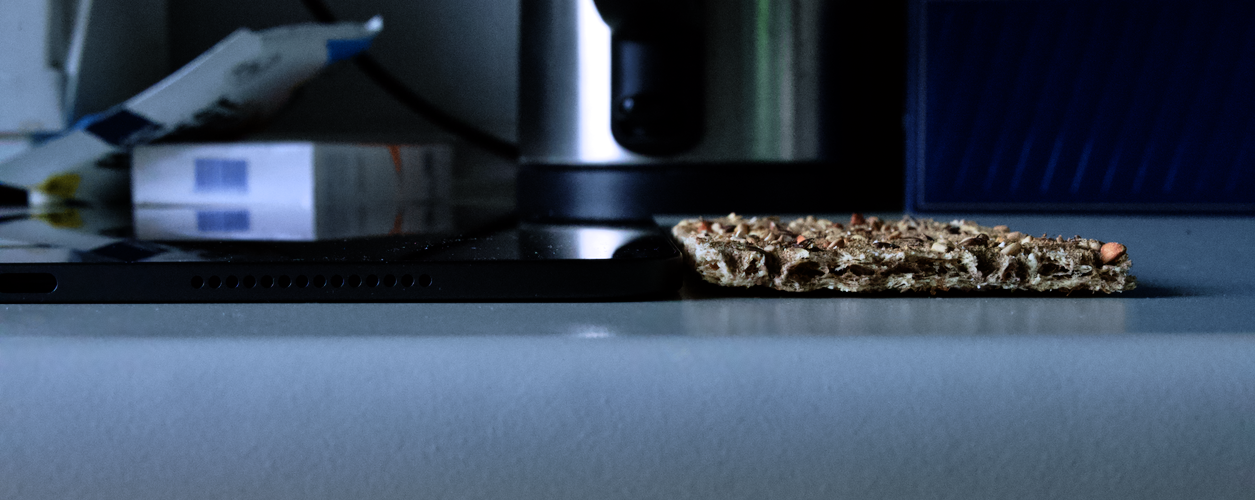
I deliberately missed the M2 device as the M1 iPad Pro was working so well, but by the time the latest (and thinnest) M4 device arrived earlier this year, I was ready for the upgrade. Instead of the folio keyboard which showed a lot of wear after two years (I give my devices a hard life), I bought the Magic Keyboard and that improved the ways I am able to work with the iPad even more. It is easy to see where the idea that this is an underpowered Mac come from: it's not.
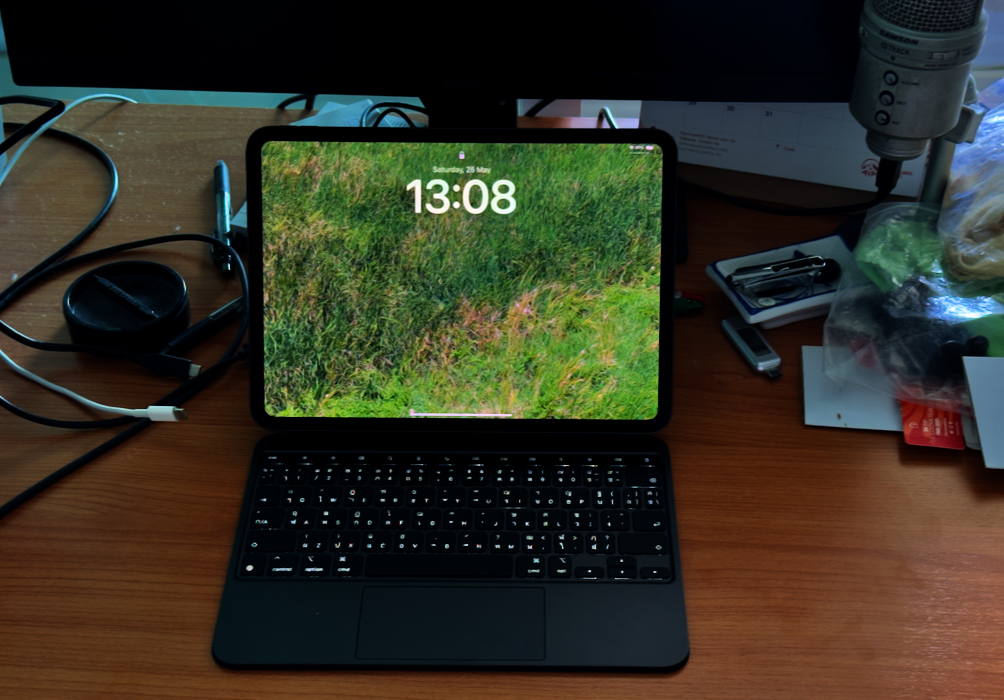
One obvious advantage with the latest version of the 11-inch device is its power. All the things I could do on the M1 iPad Pro, can be done better now, but this does not mean I want the iPad to become a Mac. It has shortcomings of course, like the interface for Keynote and for Numbers: much easier to work on the Mac. There are also things I can only do on the Mac: using a flatbed scanner for negatives, managing uploads to the website (not impossible but just easier), tethering a camera. If these jobs need to be done, the Mac is the answer, not whining about iPad shortcomings.
The writers who criticize the iPad Pro because it needs more powerful software (they say), probably have access to a range of devices like I did when writing freelance columns. I was immensely grateful for this access, but because I had another job I learned to focus on one specific device (for example at one time I had 5 iPhones). Ending the freelance job, meant I had to buy my own Macs, iPads and iPhone, rather than choose from an armoury. I have to select the right device for what I am doing.
The clarity of the latest screen is of particular use when I am editing text or photos, but also improves my experience when watching videos or movies. The live motoGP motorcycle races are amazingly sharp and clear. I can only imagine how much better the display must be for those who like to play games.
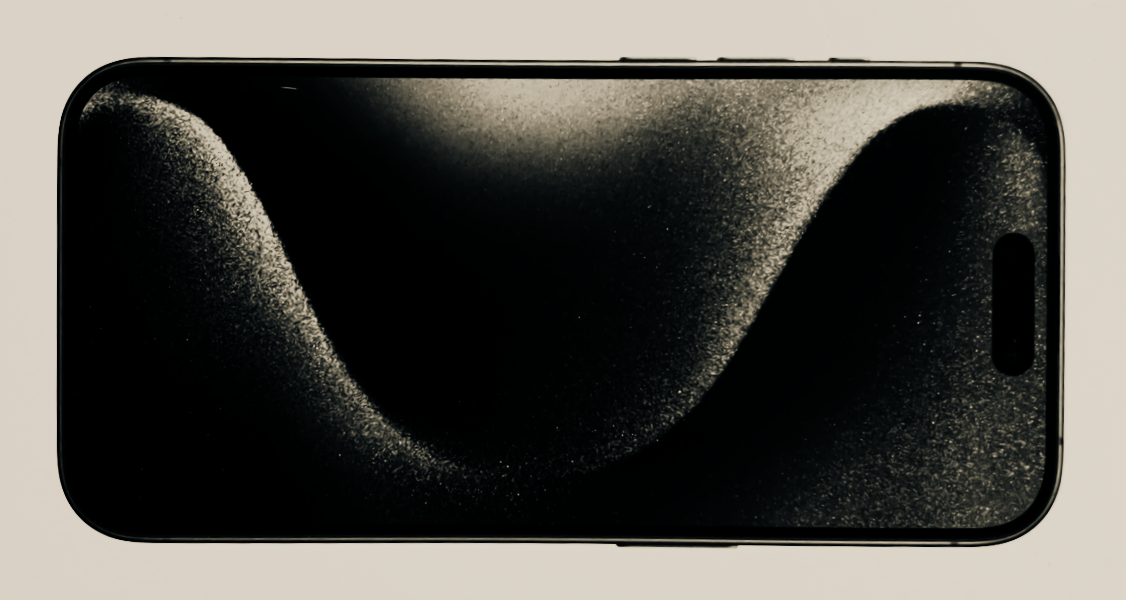
Other analysts are reporting lower sales of the iPhone 16 - so that is Macs, the iPad Pro and the iPhone experiencing problems just before Q4 2024. Teens are the problem according to Hartley Charlton (MacRumors) who says they are holding off on the iPhone 16 because of AI. He also reports that 88% of teens expect that their next phone will be the iPhone.
Ming-Chi Kuo who normally expresses a more negative view, reports that iPhone 16 sales are going as expected (Ryan Christoffel, 9to5Mac). Although he reports that some component orders have reduced, Patently Apple also reports on the sales being as expected. Despite writing that Chinese suppliers have been asked to continue manufacturing during a national holiday - usually a sign of higher demand - the article by Malcolm Owen (AppleInsider) carries a headline that indicates "Lackluster Sales". There appears to be no evidence of that in the article, so maybe AppleInsider needs a new headline writer.
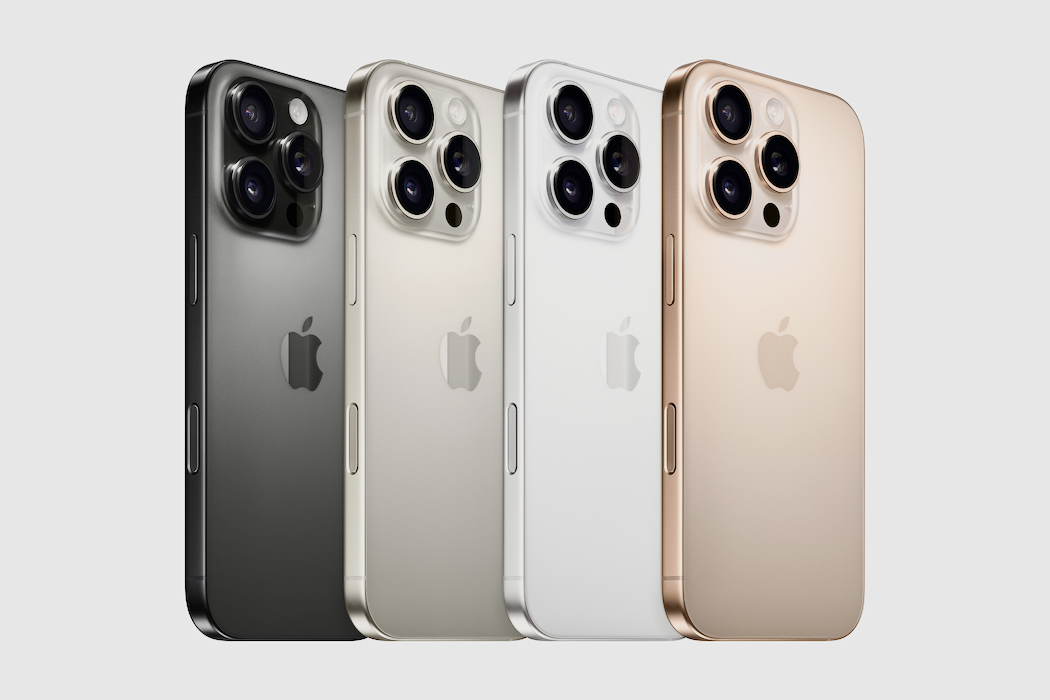
Graham K. Rogers teaches at the Faculty of Engineering, Mahidol University in Thailand. He wrote in the Bangkok Post, Database supplement on IT subjects. For the last seven years of Database he wrote a column on Apple and Macs. After 3 years writing a column in the Life supplement, he is now no longer associated with the Bangkok Post. He can be followed on X (@extensions_th). The RSS feed for the articles is http://www.extensions.in.th/ext_link.xml - copy and paste into your feed reader.

For further information, e-mail to
Back to
eXtensions
Back to
Home Page